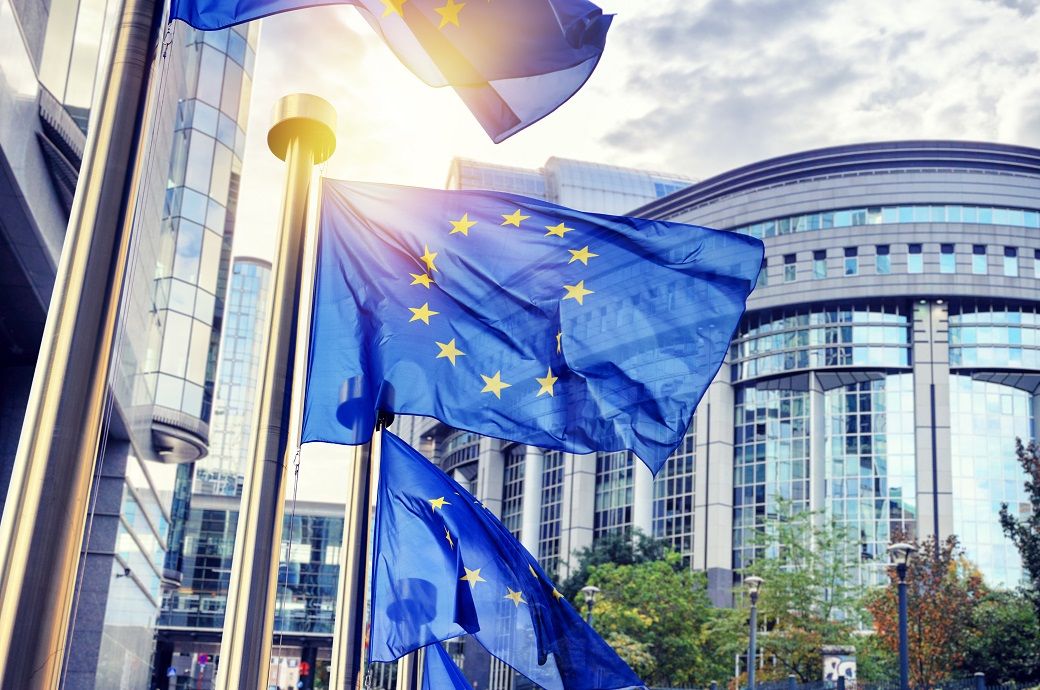
In a move applauded by the EU, WTO members voted to extend the ‘e-commerce moratorium’ until MC14, preserving duty-free trade in online services. This extension, championed by the EU, supports the flourishing digital economy, benefiting businesses, including SMEs, and consumers worldwide, the EU said in a press release.
The EU welcomed the implementation of new rules facilitating trade in services across 71 markets. These regulations, spearheaded by the EU, promise streamlined processes for businesses, bolstering economic growth in this vital sector.
In a bid to integrate developing countries more firmly into the global trading system, the EU led efforts resulting in a deal to facilitate investment and support development. Additionally, the accession of Timor Leste and Comoros to the WTO underscores the enduring value of global trade and investment frameworks, it said.
MC13 saw significant strides in addressing the nexus between trade and environmental sustainability, with discussions focusing on combating plastics pollution, transitioning away from fossil fuels, and promoting the circular economy. The EU, co-leading the Coalition of Trade Ministers on Climate, spearheaded discussions on decarbonisation policies.
Despite the EU's proactive engagement, MC13 failed to launch discussions on crucial trade challenges such as industrial policy and agricultural reform. The EU laments this setback, underscoring the need for international cooperation to address contemporary trade issues.
While progress was acknowledged, WTO members reaffirmed their commitment to restoring a fully functioning dispute settlement system by the end of 2024. The EU stresses the urgency of reforming the dispute settlement mechanism to safeguard trade rules and provide stability for global businesses, the release added.
Valdis Dombrovskis, executive vice-president and commissioner for trade, commented: “At a time of rising geopolitical tensions and political uncertainty, I welcome that MC13 delivered some positive results for the global trading system. The EU led from the front in all these outcomes, working with partners from around the globe. The decision to extend the e-commerce moratorium, in particular, is crucial for digital trade - a key growth area in the global economy and a top priority for the EU. We also made important progress on development and sustainability, to the benefit of all members.
“However, we were disappointed at the lack of breakthroughs in a number of important areas. The EU engaged intensively to find deals on fisheries subsidies, agriculture package and a dynamic WTO reform agenda. Agreements were within reach, supported by an overwhelming majority of members, but ultimately blocked by a handful of countries – sometimes just one. The EU will continue to actively support work on a more inclusive and fit-for-purpose global trade rulebook and to show leadership and engagement. We hope all our partners will replicate this can-do approach.”
Fibre2Fashion News Desk (KD)